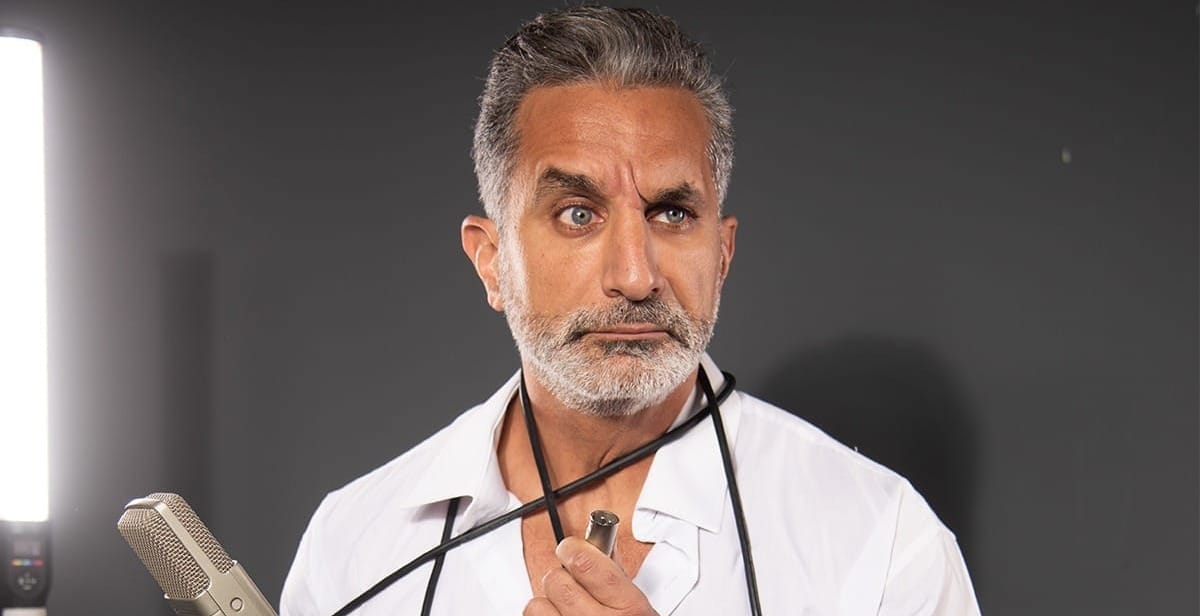Bassem Youssef: The Comedian Who Doesn’t Need X, But X Needs Him
Bassem Youssef's sharp satire and advocacy for Palestinian rights have made him a global voice for justice. His influence transcends social media.
In the realm of social media, few personalities command the kind of influence that Bassem Youssef does. The Egyptian-American comedian, often dubbed the "Jon Stewart of the Arab World," has carved out a unique space in global discourse, particularly when it comes to the Palestinian struggle. His voice—sharp, satirical, and unyielding—has resonated far beyond his millions of followers, making him a pivotal figure in conversations that often defy mainstream narratives. But if recent events have shown anything, it’s that Bassem Youssef doesn’t need X (formerly Twitter); X needs him.
Bassem Youssef's journey is a remarkable one. Born in Egypt, he initially pursued a career as a cardiothoracic surgeon. However, during the tumultuous days of the Arab Spring, Youssef transitioned into satire, launching his show "Al-Bernameg," which quickly became a sensation across the Arab world. His fearless critiques of political leaders and social issues, delivered with razor-sharp wit, endeared him to millions. Yet, as his popularity grew, so did the risks. Youssef's willingness to speak truth to power led to his show being banned in Egypt, prompting his move to the United States, where he continued to amplify his voice.
Despite being away from his homeland, Youssef’s influence never waned. He became an advocate for various social justice causes, with the Palestinian struggle holding a particularly special place in his heart. His recent critique of Israel's actions in Gaza and the West Bank during an interview with Piers Morgan was a masterclass in using humor to cut through propaganda and highlight the realities of occupation. Youssef's words went viral, not just for their content, but for the way they empowered others to speak out against injustices that have too often been silenced.
Last October, Youssef's wife, Hala Diab, who hails from Gaza, also added her voice to the growing criticism of Israel’s policies, further solidifying Youssef’s position as a leading voice for Palestinian rights. His advocacy is not just about raising awareness; it’s about shifting the narrative, challenging the fear tactics used to stifle debate, and encouraging others to stand firm in their convictions.
Youssef's recent temporary deactivation of his X account sent shockwaves through his community of followers. His account, boasting 12 million followers, suddenly disappeared, leaving many to speculate about what had happened. Youssef later revealed that the deactivation was due to security and safety concerns, stemming from alarming messages that suggested his account might have been hacked and that there were potential threats to people he knows. For someone who has been so vocal and public, this retreat was surprising but also a stark reminder of the risks involved in being a high-profile critic of powerful entities.
Yet, despite these challenges, Bassem Youssef remains unshaken. His return to X, after taking time to ensure the safety of his loved ones, is a testament to his resilience and commitment to his cause. He doesn't need the platform to amplify his voice—his influence transcends the digital sphere. But platforms like X need him because he represents a truth-teller in a world increasingly dominated by misinformation and fear-mongering.
Bassem Youssef has single-handedly altered the discourse around the Palestinian struggle, not by relying on the reach of social media, but by being the kind of leader people will follow regardless of where he goes. His ability to connect with millions, to inspire them to question and to stand up for what is right, proves that it’s not the platform that makes the man, but the man who defines the platform.






